Neste exploring ways to use waste plastic as a raw material for fuels and plastics
Green Car Congress
JULY 18, 2018
Neste, the world’s leading producer of renewable diesel, is now exploring ways to introduce liquefied waste plastic as a future raw material for fossil refining. The company’s target is to process annually more than one million tons of waste plastic by 2030. Only about one-third of this amount is currently collected for recycling.




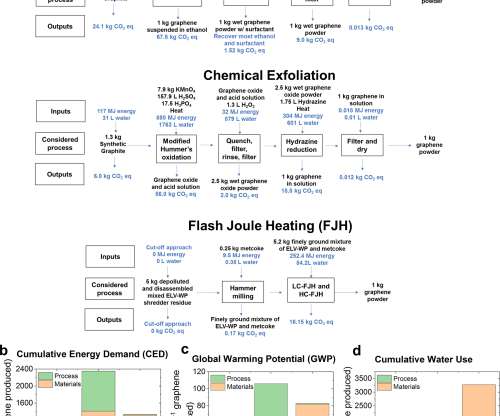
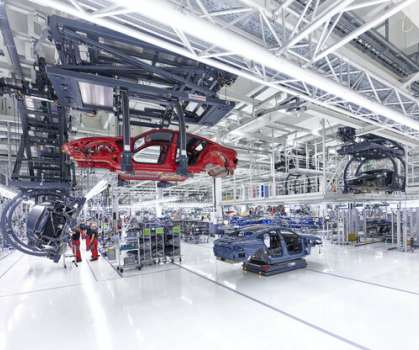

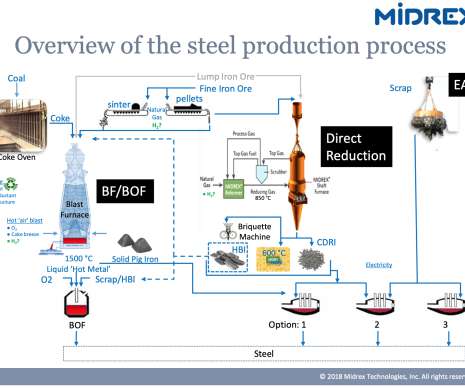

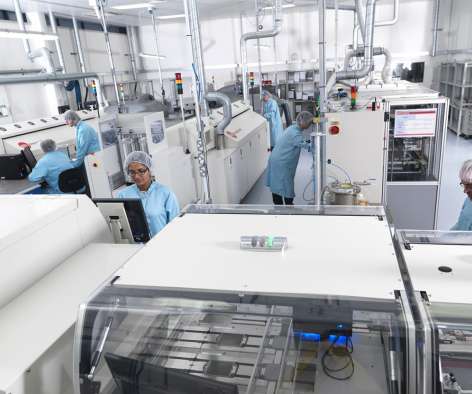










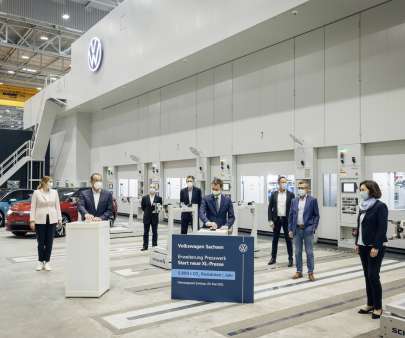
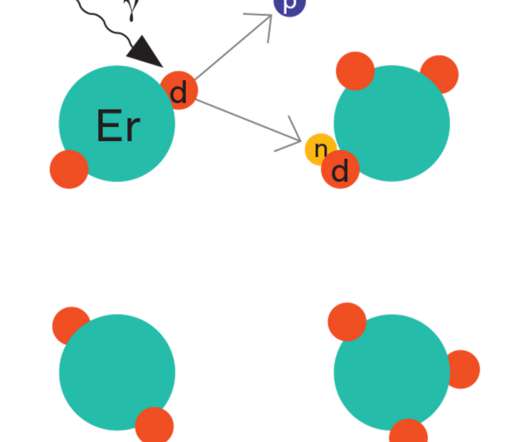
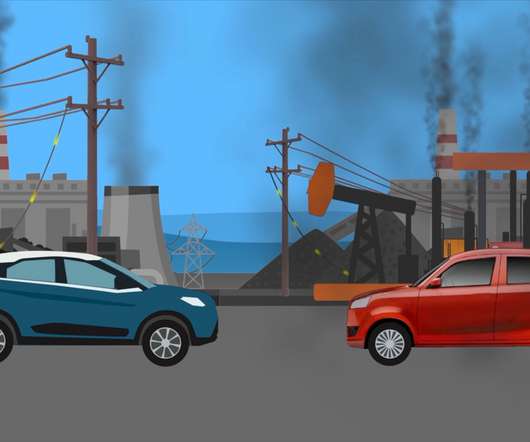







Let's personalize your content